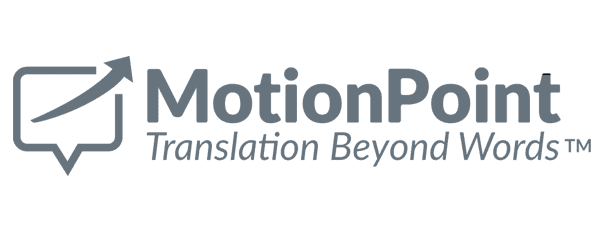




These days, website redesigns are a common-and necessary-business practice. Online customers expect an engaging and continuously relevant user experience. Redesigns can deliver on those expectations, and more.
The preparation for a website redesign project is usually complex, since companies must make important decisions about user interface, technology enhancements and content changes. But for companies serving global customers-or soon to serve them-one decision is easy to make: localizing the redesigned website and omnichannel content for multilingual, international customers.
Combining a website localization project with a redesign project makes business sense and delivers major value for growing companies. Further, localization solutions now exist that can seamlessly support a translated website before, during and after a redesign project.
Fusing these two initiatives can save money in the short- and long-term. Here's why.
The expectations of customers living in international markets are no different than those of your domestic customers'. They crave:
A website redesign will certainly tackle the first two needs, but only a localized website can ensure that customers can effortlessly browse and convert in their native languages. Delivering on those linguistic expectations increases brand awareness in global markets, generates more revenue and leads to repeat business.
Localizing your omnichannel content also plays a key role in supporting your in-market sales teams, who interact with local prospects. It improves communication and relationships with regional partners and distributors, too.
A key goal of a website redesign project is to leverage new technologies and solutions to increase customer engagement. Website localization aligns perfectly with this.
In years past, localizing website content was very expensive and error-prone—and certainly something that companies wouldn’t pair with a website redesign project. But these days, solutions exist that deliver world-class, accurate translations while also actively minimizing translation costs through the savvy application of technologies.
The best solutions are practically effortless to set up, require little-if any-effort for your teams on an ongoing basis, and fully manage the translation process. They also have transparent, equitable and customer-friendly pricing models.
Many companies that plan to serve customers with localized websites often want to localize them after the conclusion of their website redesigns. This is often because decision-makers fear they’ll pay for website translation twice: once before the redesign, and again after the redesign.
This is often because they believe the website's translatable content-such as its text and imagery-will dramatically change throughout the redesign project. However, in most cases, the majority of changes relate to design and functionality only. The quantity of changes made to translatable content are far less than imagined. Translation costs are often minimal.
Even if a redesign does result in some additional translation costs, they are outweighed by the opportunity cost of neglecting website translation while you wait to begin, manage and complete your redesign project.
During the time it takes for a redesign to complete (which always takes more time than initially forecasted), a company will miss out on previously untapped conversions and revenue in global markets. They'll also delay significant gains in brand awareness and SEO benefits, and increase the likelihood of losing potential customers to the competition.
When weighing the costs of translation against the lost opportunity of waiting until after the redesign, there’s far more to gain by translating your website sooner than later.
Selecting the right translation solution is the best way to reduce the costs of a website localization project. But not all translation providers are created equal.
Most translation vendors compete on price with low price-per-word translation models. Unfortunately, these "bargains" come with hidden costs such as extra charges for reviews, edits or quality assurance. Alternately, those lower translation costs can result in poor translations.
Because these vendors aim to maximize your translation spend, they also charge for translation of identical content more than once, or charge you for reusing previously translation content.
Legacy translation solutions often use underdeveloped tools and technology, which can't detect all translatable content on your website, such as multimedia or complex applications. These less mature technologies can't keep up with the pace of your business, either. Translation delays and on-site untranslated content puts your user experience at risk, which can impact your bottom line.
Look for a mature, leading solution with industry-leading technology and customer-friendly pricing models. You'll know you've secured the right partner when you find one that:
Leverages industry-leading content-detection technology, allowing accurate word-count estimates, translation turnarounds of about one business day, and localization of images, video and web applications
Your company can—and should—pursue website translation along with a redesign project without worrying about overspending. Find the right translation partner that provides a turn-key technically superior solution, customer-friendly pricing and technologies that were built to you time and money.